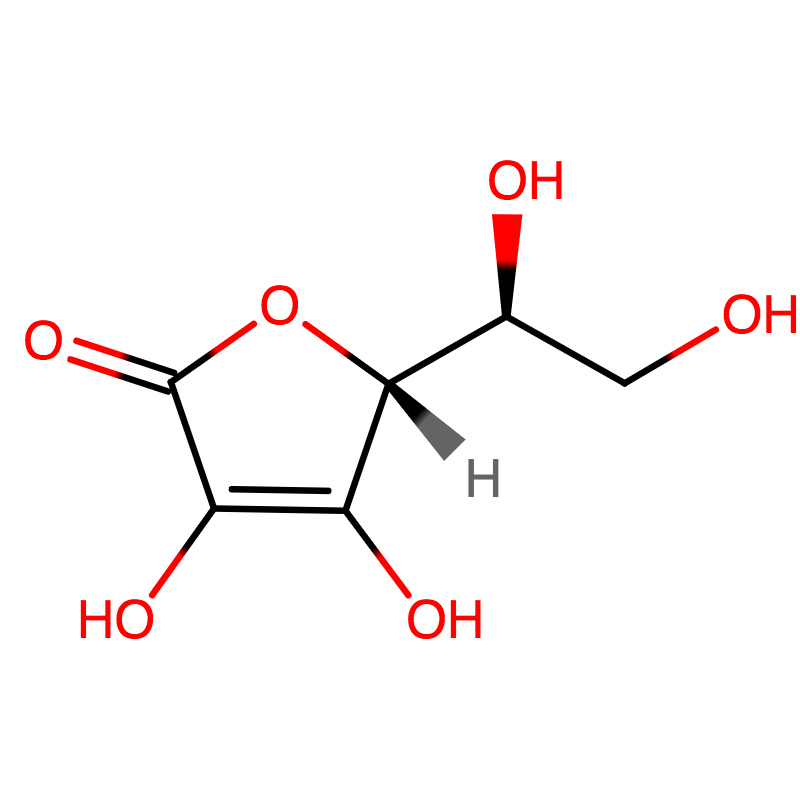
22 Feb High Dose Vitamin C for Cancer
There are many types of cancer treatment, including surgery, chemotherapy, and radiation therapy. Many patients will receive a combination of therapies to fully rid cancer from the body. High-dose vitamin C is a complementary therapy for cancer that may help improve symptoms and kill cancer cells naturally. Today, we discuss the role of vitamin C and cancer treatment.
What is Vitamin C?
 Vitamin C, also known as L-ascorbic acid, is an antioxidant that prevents the damage caused by free radicals leading to cellular and DNA damage. It is not naturally synthesized by the body and must be obtained from external sources such as food or dietary supplements.
Vitamin C, also known as L-ascorbic acid, is an antioxidant that prevents the damage caused by free radicals leading to cellular and DNA damage. It is not naturally synthesized by the body and must be obtained from external sources such as food or dietary supplements.
Vitamin C plays an important part in the production of collagen, which is a type of connective tissue that assists with wound healing. Vitamin C also has a role in metabolizing proteins to convert food into energy. Mild vitamin C deficiency may lead to weakness, nosebleeds, and swollen gums[45].
You’ve probably heard of how vitamin C helps boost the immune system when you’re under the weather with a cold or the flu. But in recent studies, high doses of vitamin C has shown promising signs of being beneficial for cancer patients.
High-Dose Vitamin C for Cancer
 Therapies such as radiation and chemotherapy target the DNA of cancerous cells, impairing or destroying their ability to repair and ultimately killing these malignant cells.
Therapies such as radiation and chemotherapy target the DNA of cancerous cells, impairing or destroying their ability to repair and ultimately killing these malignant cells.
High doses of vitamin C may kill cancer cells by naturally breaking down into hydrogen peroxide that can damage tissue and DNA[46][47]. In other words, vitamin C may be an alternative way to damage cancerous cells’ DNA and lead to tumor reduction or shrinkage.
Intravenous administration of vitamin C has a higher absorption rate than oral supplementation, leading to higher concentrations in the blood. One study found that IV-administered concentrations were as much as twenty-five times higher than orally-administered doses[48]. IV therapy is therefore a more effective method of delivering high doses of vitamin C to the body[49].
It’s important to note that high doses of vitamin C appear to affect a specific type of cancerous cells – those with low levels of catalase enzyme[50]. These types of cancers cells have a diminished ability to remove hydrogen peroxide, causing damage that can lead to cell death. Cancer cells with higher levels of catalase enzyme are less affected by this treatment.
DNA damage only occurs to cancerous cells. Healthy cells are able to function normally and are not harmed by the hydrogen peroxide produced by high doses of vitamin C.
The Benefits of High-Dose Vitamin C for Cancer
 Administering high doses of vitamin C by way of IV therapy is generally well tolerated. When administered directly into the bloodstream, patients can expect a 100% absorption rate.
Administering high doses of vitamin C by way of IV therapy is generally well tolerated. When administered directly into the bloodstream, patients can expect a 100% absorption rate.
A high dose of vitamin C for non-cancer patients is usually 2 grams while cancer patients may be treated with concentrations between 25 – 50 grams.
The Benefits of High-Dose Vitamin C for Cancer Include[51]:
- Fewer side effects
- Improved quality of life
- Slow the progression of the disease by decreasing proliferation of cancer cells
- Reduce the side effects of co-therapies
- Decrease side effects of toxicities caused by traditional co-therapies
- IV drip administration of high-dose vitamin C effective for people who have conditions that restrict the body’s ability to absorb nutrients
- May be a beneficial supplement to traditional cancer treatments as part of combination therapy
- Helps remove free radicals and regulates redox reactions that cause damage to DNA, which in turn leads to aging and certain health conditions[52]
In addition to these, high doses of vitamin C may boost the effectiveness of traditional treatments by helping boost the immune system, which is often weakened by the demands of traditional therapy.
Learn About Immune Boost IV Drip Treatment
IMMUNE BOOST – $299
Our Immune Boost treatment contains a blend of IV fluids, vitamins, and antioxidants to cleanse your body and supercharge your immune system to fight off illness.
Learn More


